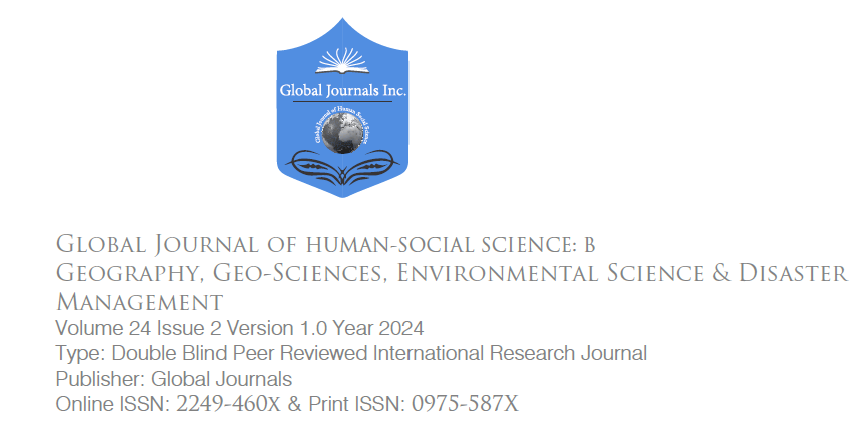Unlocking Community Engagement in REDD+ Initiatives: Insights from a Case Study in the Amazon.
The literature on national plans to reduce emissions from deforestation and forest degradation
(REDD+) shows that the stakeholders present in the territory, especially the communities, are the focus of
these actions. The article questions the level of community engagement in a proposed REDD+ project in
the Amazon by private companies, with the aim of analyzing the socio-economic and environmental
aspects of community residents. The theoretical framework integrates stakeholder theory and community
participation theory to support the analysis of the level of engagement. 338 small rural producers were
chosen from among the residents of 23 communities in four municipalities in the state of Pará. The
sociodemographic characteristics were collected and structured in tables and graphs. The results reveal
that the communities are socially disjointed, with problems defining property rights and access to
government goods and services, which makes it difficult to achieve the benefits declared by the REDD+
project.
Keywords: community participation; socio-economic and environmental conditions; social organisation;
greenhouse gas emissions.


